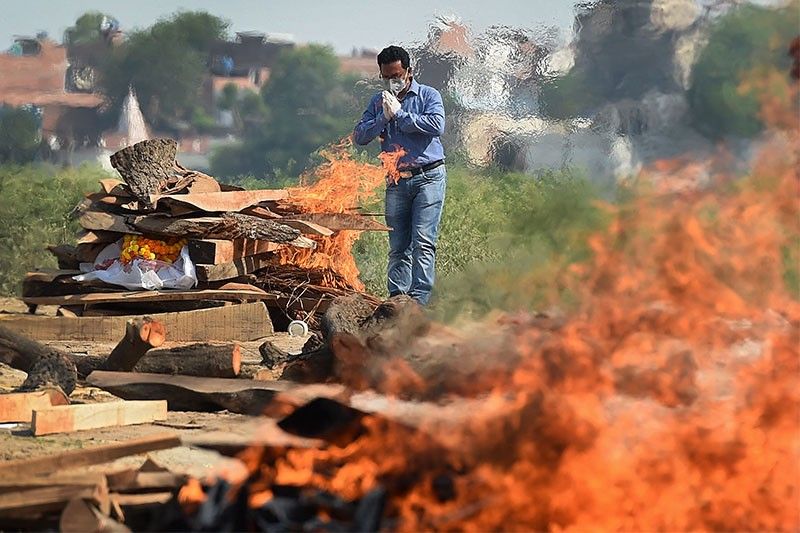High vaccine rate needed to stop Delta variant — French scientists

PARIS, France — A panel of scientists who advise the French government on health warned Friday that as many as 95% of people might need to be vaccinated to dam the spread of the Delta variant of COVID-19.
With cases rising, "a fourth wave linked to the Delta variant could hit swiftly, with repercussions for the health system despite high levels of vaccination", the Scientific Council said.
"We can't get the epidemic under control unless 90 to 95% of people are vaccinated or infected," they added.
So far only around half of French people have received a first dose and 40% two shots, with the government aiming to get two-thirds -- 35 million -- fully protected by the end of August.
"If people wait until after the summer holidays to get vaccinated, it will be too late," epidemiologist and Scientific Council member Arnaud Fontanet told broadcaster RTL, recalling that the shots are "very effective and free of charge".
With case numbers rising after a series of reopening steps, President Emmanuel Macron is expected to outline next moves in managing the pandemic in a Monday evening TV address.
On the agenda at a meeting of France's defense council earlier Monday is whether to make vaccination compulsory for health workers, one of the key recommendations from the scientists.
Ministers could agree on a draft law as early as Tuesday before sending it to parliament.
The Scientific Council also urged strengthening the country's track and trace program and highlighted rising numbers of hospitalisations due to the Delta variant -- first detected in India -- in England, Scotland, Ireland and Portugal.
The strain already accounts for half of new infections in France and is believed to be around 60% more infectious.
"Without infection control measures, there could be a similar peak in hospitalisations to the one in autumn 2020," the Pasteur Institute research organisation warned, adding that unvaccinated over-60s remained especially at risk.
Other scientific advice included reducing the number of people allowed to attend events, localised restrictions and reducing the time between the first and second doses of mRNA vaccines such as Pfizer/BioNTech and Moderna from six to three or four weeks.
- Latest
- Trending





























